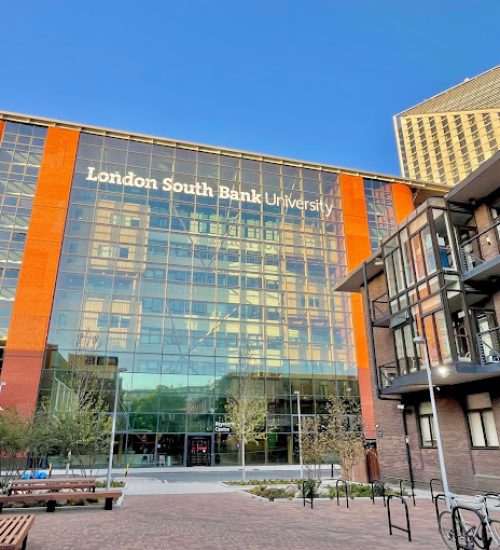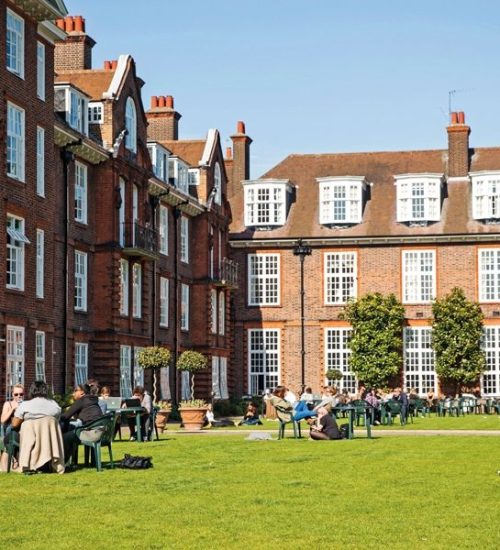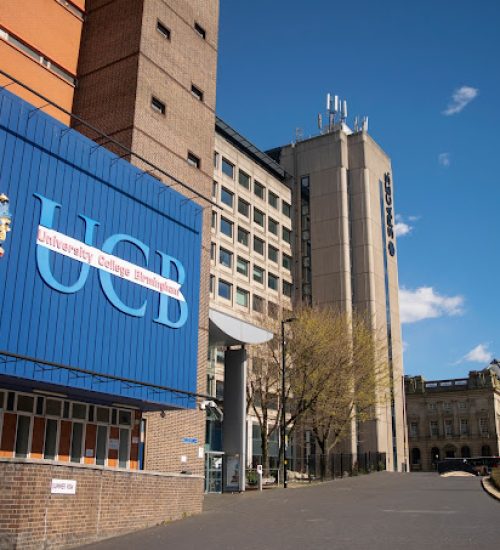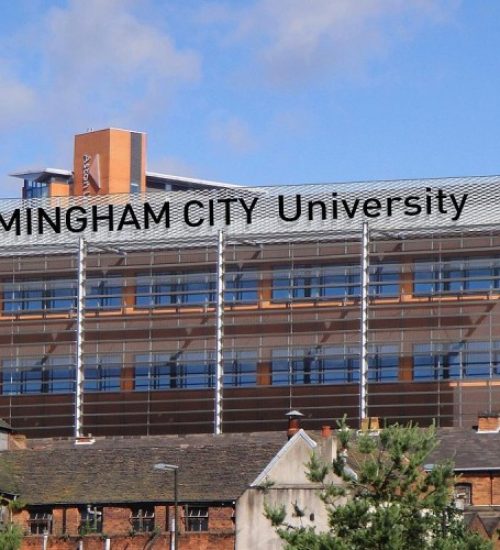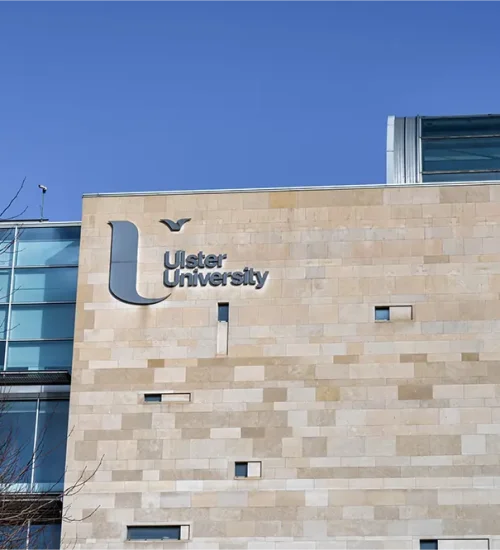Study September Intake in UK
Table of Contents
Top Universities, Admission Process & Scholarships – Your Complete Guide!
- Explore Your Options
- Understand Visa Requirements
- Choose the Right University
- Apply Early Plan Finances
- Arrange Accommodation
- Get Expert Guidance
- Prepare for Arrival
Study September intake in the UK remains the most popular choice for international students looking to pursue foundation, undergraduate, postgraduate, masters,Mres or Ph.D, DBA and M-Research programs. It offers a wide variety of universities, both public universities and private universities, and is the ideal time for students to apply to the best universities in the UK.
Whether you’re seeking a cheap university or one that offers scholarships, UK September intake opens up many opportunities.
Why Choose the September Intake in the UK?
Uk September intake is the most popular admission cycle for international students, offering good number of courses across public and private universities. Here’s why you should consider applying for this intake:
- More University Options – Gain access to the top-ranked universities in the UK.
- Higher Scholarship Opportunities – Many universities offer merit-based and need-based scholarships.
- Better Career Prospects – A September start aligns with job market cycles.
- Flexibility in Application – More time to prepare for visa applications and university interviews.
- Post-Study Work Opportunities – Apply for the UK’s Graduate Route visa after completing your degree.
If you missed the January or May intakes, applying for UK September intake allows you more time to prepare for exams, documentation, and financial arrangements.
Top Courses for September Intake in the UK
Choosing the right course is crucial to ensure strong career prospects. Here are some of the best programs for the September 2025 intake:
- Business & Finance – Ideal for careers in management, banking, and entrepreneurship.
- Computer Science & IT – High demand for software engineers, AI specialists, and cybersecurity professionals.
- Engineering & Natural Sciences – Strong job opportunities in civil, electrical, and mechanical engineering.
- Medicine & Healthcare – Leading universities offer world-class medical programs with global recognition.
- Law & Social Sciences – Suitable for those interested in legal professions and governance.
- Creative Arts & Media – Digital marketing, graphic design, and content creation are growing fields.
Affordable and Cheap Universities
If you’re looking for budget-friendly universities or affordable options, there are several public universities and private universities that offer low tuition fees for international students:
- University of Greenwich
- Leeds Beckett University
- University of West London
- University of Cumbria
- Coventry University
- Ulster University
Many of these universities also offer scholarships and reduced application fees, making them excellent choices for students on a budget.
Entry Requirements for September Intake
To be eligible for the UK September intake, students have to meet the following general requirements:
- Academic Qualifications: HSC/A-Level or equivalent for undergraduate scholarships
- English Proficiency: IELTS (6.0-7.0), TOEFL, PTE, or Medium of Instruction (MOI). Some universities accept OIETC or internal English tests.
- Work Experience: Required for explaining gaps for some postgraduate courses
- Visa Requirements: Include proof of funds, your CAS letter, and other essential documents
- Visa Sponsorship: Universities provide visa sponsorship to support your visa application process
- Visa Fee and Visa Ratio: Pay attention to the visa fee structure and the university’s visa ratio for a higher chance of approval
Some universities also offer alternatives to IELTS, such as OIETC or internal language tests, making the application process smoother for students who cannot provide an IELTS score.
Scholarships in the UK
Many UK universities offer scholarships to international students applying for the September intake. Some popular scholarships include:
- Chevening Scholarships – Fully funded scholarship for outstanding students.
- Commonwealth Scholarships – Covers tuition and living costs for eligible students.
- Erasmus Mundus Scholarships – For students applying to multiple universities in Europe.
- GREAT Scholarships – University-specific funding for international students.
- University-Specific Scholarships – Many universities offer their own financial aid programs.
Applying early for these scholarships can help reduce your tuition costs significantly. Some universities may also waive the application fee, further reducing the cost of studying abroad.
Visa Process for September Intake
To secure your UK Student Visa (Tier 4), follow these steps:
Step 1: Apply to a UK university and receive a CAS (Confirmation of Acceptance for Studies).
Step 2: Gather all required documents, including proof of funds and academic records.
Step 3: Complete your visa application online and pay the visa fee + health surcharge.
Step 4: Attend your visa interview and submit biometric details.
Step 5: Receive your Student Visa and prepare for travel.
Visa success rate depends on financial stability, documentation accuracy, and strong academic background.
The September intake in the UK offers the best opportunities for international students to pursue their academic dreams at world-class public universities and private universities. With a variety of undergraduate, postgraduate, and master’s courses, and plenty of opportunities for scholarships, this intake provides ample time for students to prepare for their visa application process, ensuring a smoother transition to university life in the UK.
Start your application today and secure your place for the September intake in the UK.
Talk to our Experts
Book a free Consultation
250+
Expert Counsellors
100+
Partner Universities
Here are some universities you may consider

University of the west of England
World Ranking : 601
Founded : 1992
Other Name : UWE Bristol

Bangor University
World Ranking : 701
QS World Ranking : 725
Founded : 1884

University of Hertfordshire
World Ranking : 801
QS World Ranking : 801
Founded : 1952
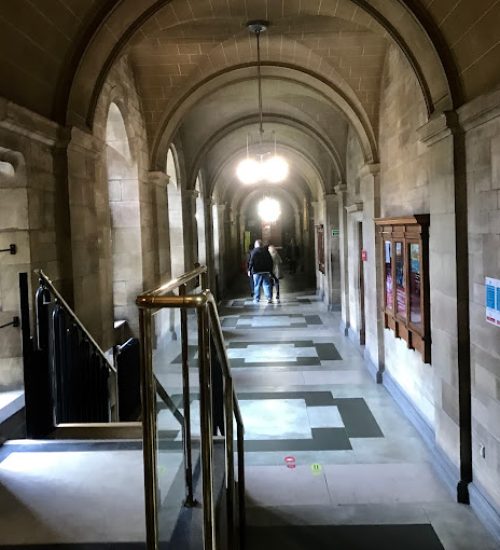
Bloomsbury Institute London
World Ranking : Not Rated
QS Ranking : Not Rated
Founded : 2002

University Of Suffolk
World Ranking : Not Rated
Guardian Ranking : 101
Founded : 2007

Leeds Trinity University
World Ranking : Not Rated
Guardian Ranking : 105
Founded : 1966

Solent University
QS World Ranking : 825
Guardian Ranking : 106
Founded : 2005

University of Gloucestershire
QS World Ranking : 801
Guardian Ranking : 100
Founded : 2001

University of South Wales
QS Ranking : Not Rated
Guardian Ranking : 51
Founded : 2013

University of Wales, TSD
World Ranking : Not Rated
Guardian Ranking : 80
Founded : 2010

University of East London (UEL)
Qs World Ranking : 801
Guardian Ranking : 56
Founded : 1998
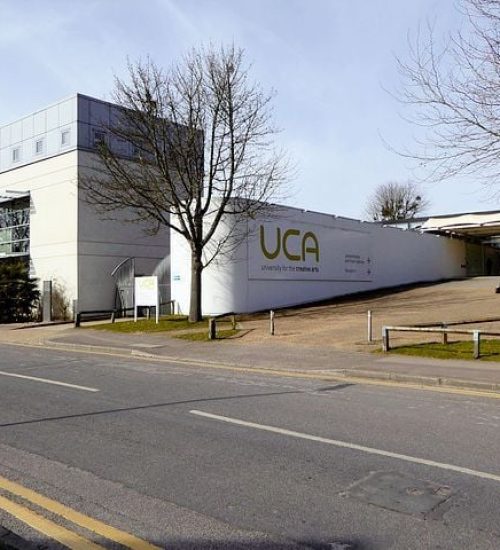
Universiry for the Creative Arts (UCA)
Qs World Ranking : 121
Guardian Ranking : 89
Founded : 2005
Full Free Application Processing
Planning for the September intake is an exciting journey, but it requires careful preparation and timely action. By understanding the application process, meeting key deadlines, and exploring financial aid options, students can position themselves for success. Securing a visa and preparing for life abroad are essential final steps that ensure a smooth transition into university life.
At STS Global Education, we are committed to guiding students every step of the way—from selecting the right university to settling into their new academic environment. With the right support and preparation, students can confidently begin their educational journey and make the most of their international experience.
Start your path to success today and take the first step towards a brighter future with STS Global Education.
Frequently Asked Question
A student can get admission in any university of UK on the basis of English marks attain in 12th standard and also few of the university allows application on the basis of MOI.
Student needs to show 28 days bank statement covering 9 months of living expenses & remaining tuition fees if any. If universities is based out of Greater London, £1,265 per month as a living expense. The maximum amount you will need for your living costs is £11,385.
The undergraduate and graduate degrees generally range from $10K – $15K. Even they allow to pay around 65% of fees before visa and rest you can pay after reaching UK within certain duration.
The UK is fast emerging as one of the most popular study destinations for education in the world. Recently 2-year post-study work visa in UK expand the opportunities for talented Indian students to build successful careers.
Normally the whole process can be as lengthy as 30-45 working days starting from admission till the time you get your final visa. It takes 15 working days to process the student visa application. However it varies case by case, complex cases may take months to process.
Couldn't find the answer you're looking for?

